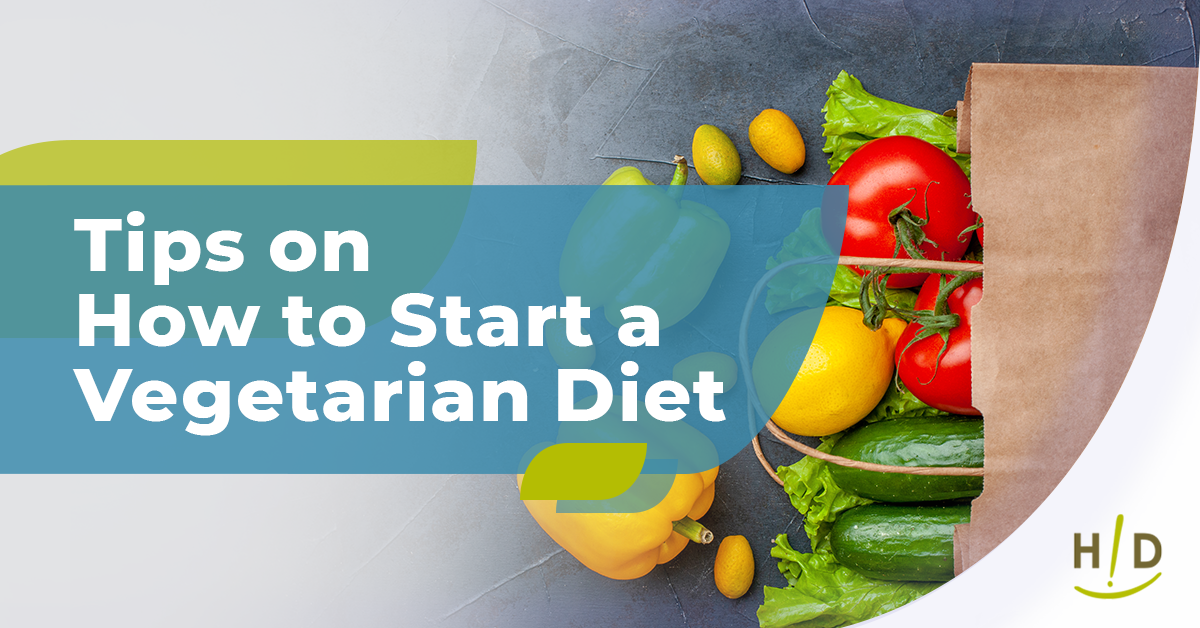We’re all looking to lead healthy lifestyles, especially with a new year, we all make our resolutions to help better ourselves, whether that be with a new career, new diet, new exercise routine, or all of the above. What some may not realize though, when embarking on this new exercise routine, is that they’ll need to make other changes for their body as well. Exercising is great, but you may find that you need to add a few more things to your routine along with your new exercise regimen. Vitamins and minerals are especially important, especially if you are working on increasing your fitness levels.
Importance of Taking Vitamins While Exercising
When you start exercising more, you are pushing your body to new extremes. You are tearing and repairing muscles, you are forcing your heart to work harder, and you are increasing blood flow to your extremities. You also are burning more calories and using up nutrients and vitamins from your foods at faster rates than you would without exercise. All of this is a good thing, except you could wind up becoming a little deficient in certain vitamins because of your new exercise regimen. That’s why it’s so important to ensure that your vitamin and mineral needs are met while exercising.
If your body is in a deficit of vitamins or minerals, you may find yourself dealing with some unpleasant symptoms that could make exercising more difficult. For example, if you don’t have enough vitamin B12, you could wind up with some tingling in your legs or feet, which could make working out a bit uncomfortable, as well as lead to higher levels of fatigue. Due to the colder weather, you could find yourself getting less sun than normal which can lead to a deficiency in vitamin D. This could lead to an increase in stress fractures, according to Dr. Kelly Hogan, a clinical nutrition and wellness manager at Dubin Breast Center at the Mount Sinai Hospital. Taking vitamin K2 with your vitamin D ensures that calcium pulled into the body by vitamin D gets shuttled to the right places, like bones, and kept out of the wrong places, like soft tissues and walls of blood vessels. Magnesium helps muscles relax, so getting enough magnesium is critical for overcoming muscle soreness and recovering faster after your workouts.
Another supplement Dr. Hogan discusses is the importance of a probiotic. For many, they may not see the correlation between good gut health and being healthy with exercise. Having good gut health will help with inflammation as well as immunity, which will help your body to recover from a workout faster. Probiotics help ensure that your gut stays healthy, which in turn helps to keep your body moving after a tough workout. Dr. Hogan agrees that this is key to staying healthy inside and out.
Of course, while supplements are incredibly important, it’s important to not forget about regular nutrition as well. With your new exercise regimen, you may have started a primarily raw, whole-food, plant-based diet as well to boost your health to another level. If so, make sure that you eat a balanced diet of fruits, vegetables, and nuts and seeds to keep your body in healthy shape. The more you exercise, the more protein you will need to help build up the muscle that is currently being stretched and rebuilt, so make sure you eat enough protein accordingly. You may want to consider supplementing your diet with an organic, plant-based protein powder, as that will help you to ensure you are getting enough protein. In our selection, you can find several options that perfectly meet the raw food needs you may have.
Finally, the most important supplement you need while increasing your activity levels is water. Since we are made up of such a high level of water, it’s incredibly important that you drink enough water to sustain your workouts and keep your body healthy. The more you workout, the more you will sweat, which means you will lose water at a higher rate, making it of the utmost importance that you hydrate throughout the day, and especially after a workout. An easy way to ensure that you are drinking enough is to make sure you always have a water bottle around. Sipping on water throughout the day will help with fatigue, cravings, and help you feel full rather than thinking you need to snack. On average, you need to consume 1/2 ounce of high quality liquid per pound of body weight a day, though if you are doing a moderate workout each day, you will want to raise that to account for any water that you will sweat out.
Overall, you may find that making a sports drink by blending 1 or 2 two organic bananas and a couple stalks of organic celery in a quart of water is an excellent way to replenish electrolytes lost from sweating and supports your overall nutritional needs.
Source: https://classpass.com/blog/2017/03/20/vitamins-for-fitness/





